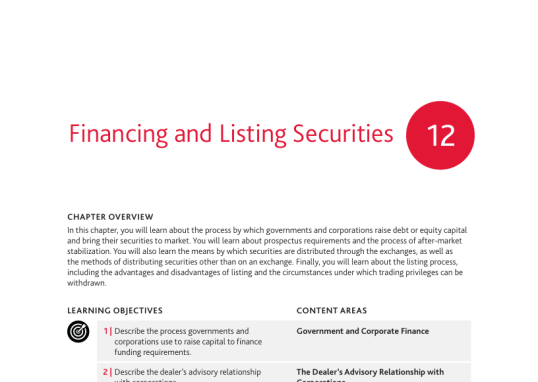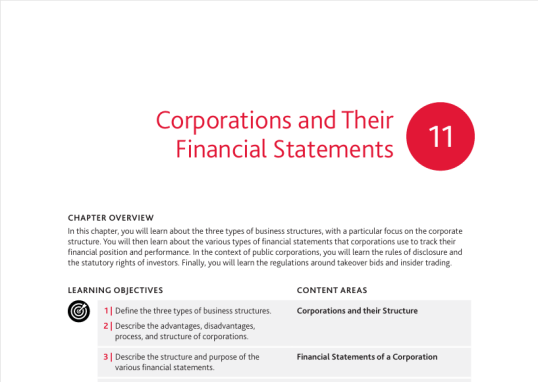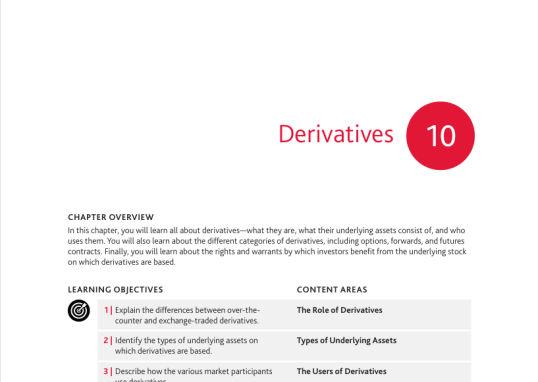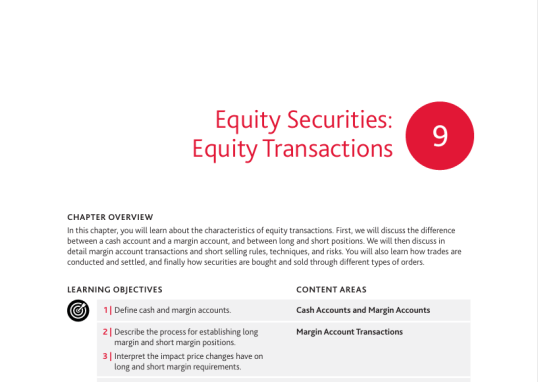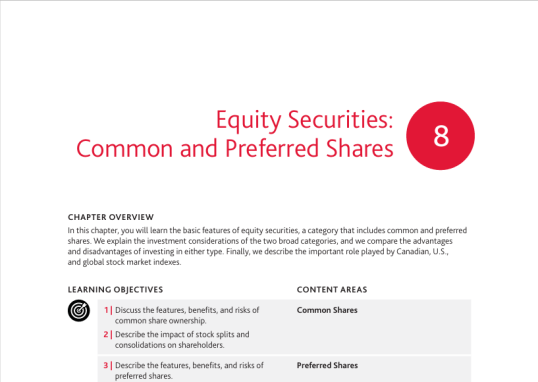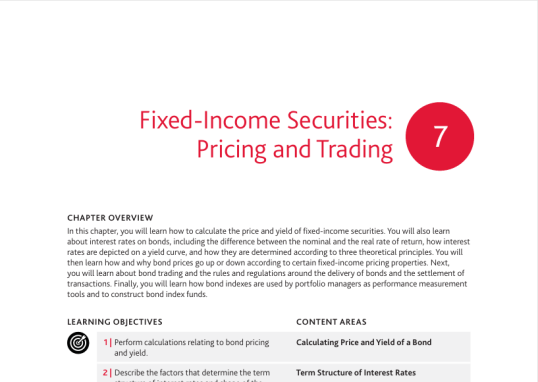CSC V.1 Chapter2 notes
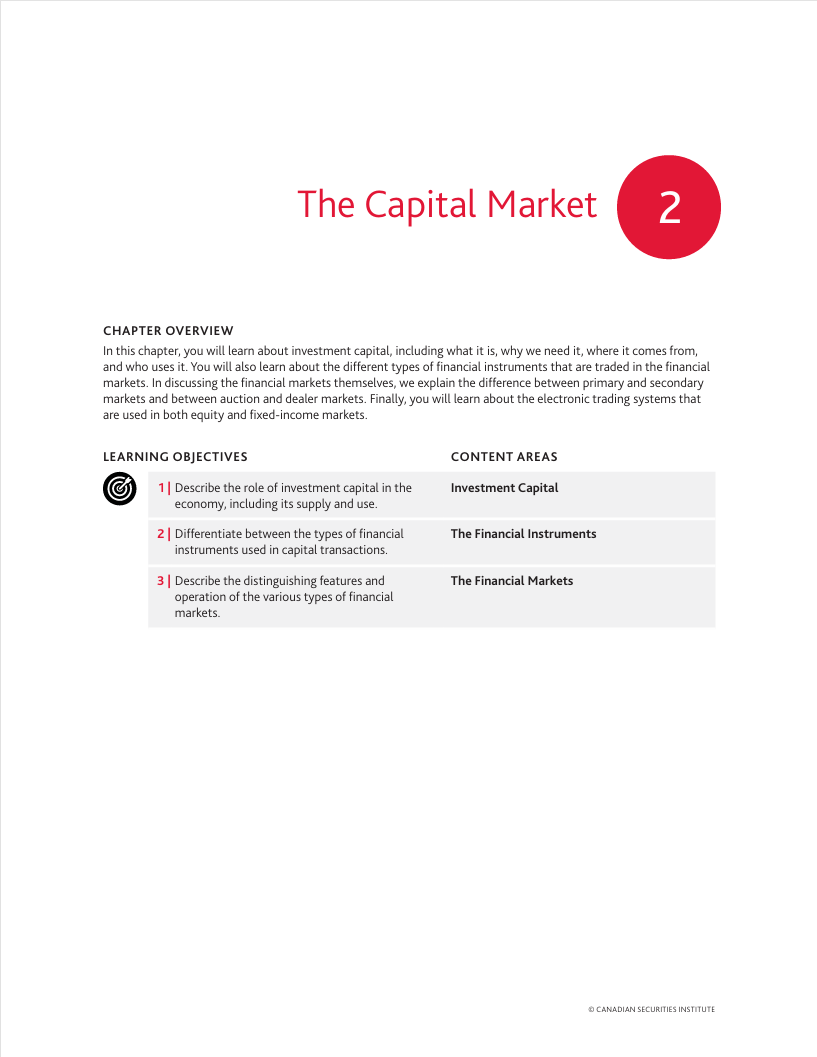
In
THE CAPITAL MARKET
INVESTMENT CAPITAL
- Capital is a fancy word for money
- Direct investing – when investments are made in “hard” assets. Couple investing their savings in a home, government investing in a new highway, and a company paying start-up costs for a new plant are examples of direct investing.
- Indirect investing – purchases of securities issued (which means sold) by governments or corporations. An investor buying stocks or bonds, a parent investing in an educational savings plans, and a couple depositing savings in a bank are examples of indirect investing
- Capital characteristics: mobility, sensitivity to its environment, scarcity
COUNTRY RISK EVALUATION
- Political environment – is internal or external conflict likely
- Economic trends – favourable or unfavourable?
- Fiscal policy – taxing and spending policies
- Monetary policy – how sound are the policies?
- Investment opportunities
- Labour force – What percentage is skilled and productive?
SUPPLIERS AND USERS OF CAPITAL
- Suppliers of Capital include: Individuals and Non-financial domestic corporations; Governments and Foreign investors
- Sources of Capital include: Retail investors; Institutional investors; and Foreign investors
- Users of Capital include: Individuals; Businesses; Governments
THE FINANCIAL INSTRUMENTS
- Fixed-income securities
- Equities – Common and Preferred Shares
- Derivatives – Options and Forwards
- Managed products – Mutual funds, Exchange-traded funds and private equity funds
- Structured Products – principal-protected notes and index linked guaranteed investment certificates
FINANCIAL MARKETS
- Primary market… money flows from investors to issuing company or issuing government unit
- Secondary market… money flows from investors to other investors
AUCTION MARKETS IN CANADA
- Markets can be divided into auction and dealer markets
- When a trade is made, the price represents the lowest price a seller is willing to sell at and the highest price a buyer is willing to buy at
- The bid is the highest price a buyer is willing to pay
- The ask is the lowest price a seller will accept
- The spread is the difference between the bid and ask prices. The last price is the price at which the last trade on that stock took place
CANADIAN STOCK EXCHANGES
- Stock Exchanges – the name says it all. A “place” to exchange stock!
- Toronto Stock Exchange (TSX) lists equities, some convertible debt instruments, income trusts and ETFs
- TSX Venture Exchange – equities and a few debentures
- The TSX Alpha Exchange lists equities, debentures, ETFs and structured products. It will also offer trading in TSX and TSX Venture Exchange securities
- Montreal Exchange (MX) – financial and equity futures and options
- ICE NGX Canada provides electronic trading and clearing to the North American natural gas and electricity markets
- The Canadian Securities Exchange (CSE) – equities of emerging companies
- NEO Exchange – provides listing services and facilitates trading in securities listed on the NEO Exchange, TSX and TSX Venture Exchange
DEALER MARKETS
- Dealer markets, or over-the-counter markets, consist of a network of banks and investment dealers. Market makers post bid-and-ask-quotations via electronic platforms, with the investment dealer typically acting as a principal. This provides liquidity to the system
- Almost all bonds and debentures are sold through dealer markets
- Dealer markets are also called unlisted markets
- The OTC derivatives market is dominated by large international financial institutions. One of the attractive features is that they can be custom designed
- In Ontario, trades in unlisted securities must be reported through the web-based system of the Canadian Unlisted Board
- Alternative trading systems (ATSs) are electronic marketplaces that provide automated matching and execution of trades in both the equity and fixed-income markets. ATSs and traditional exchanges are subject to regulatory filings
FIXED-INCOME ELECTRONIC TRADING SYSTEMS
- CanDeal: fixed income trading system, a joint venture between Canada’s six largest investment dealer, both an ATS and an investment dealer. Offers institutional investors access to government securities and money market instruments
- CBID and CBID Institutional: is an ATS, it operates two distinct fixed-income marketplaces, retail and institutional
- MarketAxess provides market data and a trading platform with access to multi-dealer competitive pricing for a wide range of corporate bonds. It is a member of IIROC and operates in Ontario and Quebec
- CanPX: joint venture between several Canadian investment dealers. It combines digital feeds from participating dealers to provide a composite display of real-time bid and offer quotations for Government of Canada bonds and Treasury bills
Author
shanghaizhangyijie@gmail.com
